Windows Of Saint Joseph
$23.73
Autism is a house without doors but sometimes a window is opened. For me that window was religion. Too early in my life I was blessed to perceive religion as it really is, and though in the very depth of my self I knew that “child-abuse” didn’t apply in this case, the images that Islam and the Inquisition evoke in me were almost too horrible to bear. In a word, I was terrified of religion. How little we know what a religious experience really is – even our own. Certainly, after two years of meetings and daily masses, there was no sense of reality that my mind could provide for the content of Catholic doctrines, thereby invalidating them. I had never really noticed what the rules of Catholicism were and what typical Catholics experienced. However far I fall short of their understanding, I think my real trouble was I didn’t have a theory of mind; thus, I concluded that everybody, including the priest who had to celebrate mass, experienced what I did. The theory of the mind runs very deep. It underscores the big words: the kinds of words that make consciousness possible: self, community, freedom itself. I have indeed become conscious of my freedom. How far down would I need to dig to discover the Risen Christ?
in stock within 3-5 days of online purchase
SKU (ISBN): 9781607913641
ISBN10: 160791364X
Claudia Mazzucco
Binding: Trade Paper
Published: April 2009
Publisher: Xulon Press
Print On Demand Product
Related products
-
New Kind Of Christianity
$16.99After the hailstorm of controversy stirred up by the hardcover, we hope the paperback release keeps the debate going. One of the most innovative Christian voices today and author of the controversial A New Kind of Christian faces head-on the questions that will determine the shape of the faith for the next 500 years.
Add to cart1 in stock (additional units can be purchased)
-
Knowledge Of The Holy
$15.99Informative and inspiring, The Knowledge of the Holy illuminates God’s attributes–from wisdom, to grace, to mercy–and shows through prayerful and discussion, how we can more fully recognize and appreciate each of these divine aspects. This book will be treasured by anyone committed to the Christian faith. It bears eloquent witness to God’s majesty and shows us new ways to experience and understand the wonder and the power of God’s spirit in our daily lives.
Add to cart1 in stock (additional units can be purchased)
-
Mere Christianity
$17.99Arguably the 20th century’s most influential Christian writer, C.S. Lewis sought to explain and defend the beliefs that nearly all Christians at all times hold in common. His simple yet deeply profound classic, originally delivered as a series of radio broadcasts, is a book to be thoroughly digested by believers and generously shared with skeptics. Paperback with French f laps and deckled page edges.
Add to cart1 in stock (additional units can be purchased)


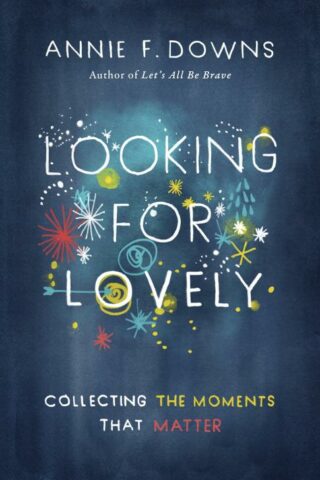

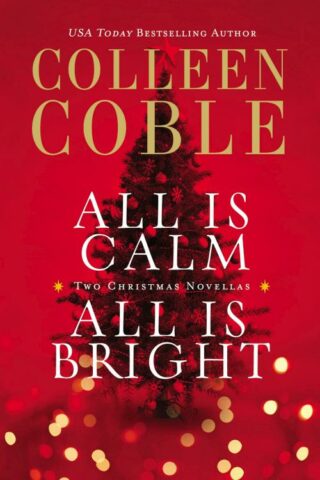
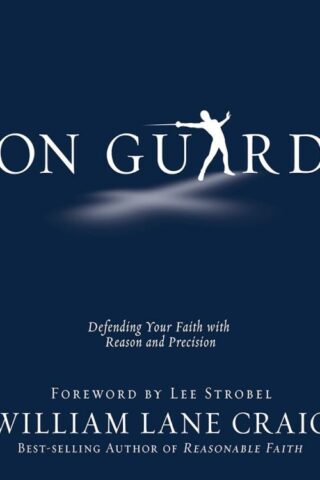
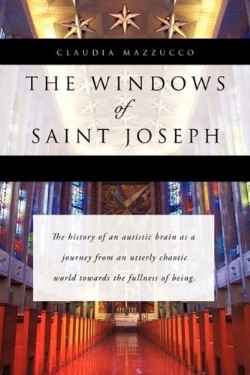
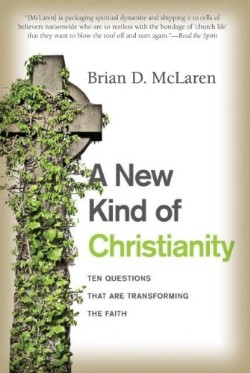
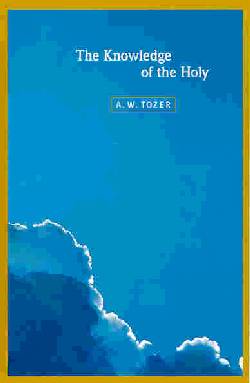
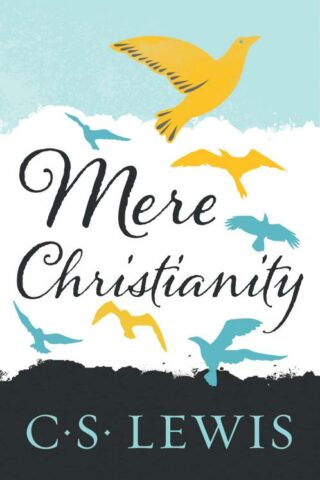


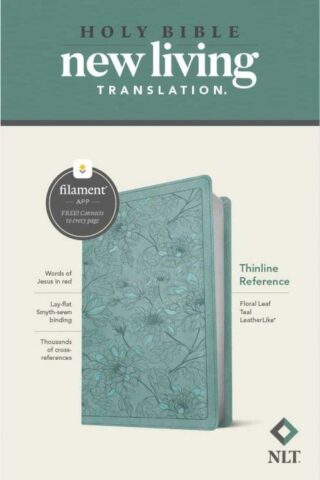
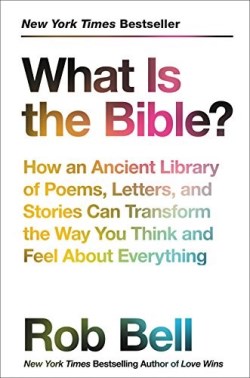

Reviews
There are no reviews yet.